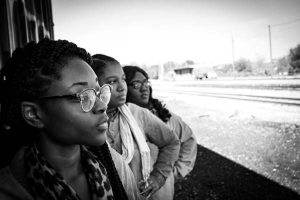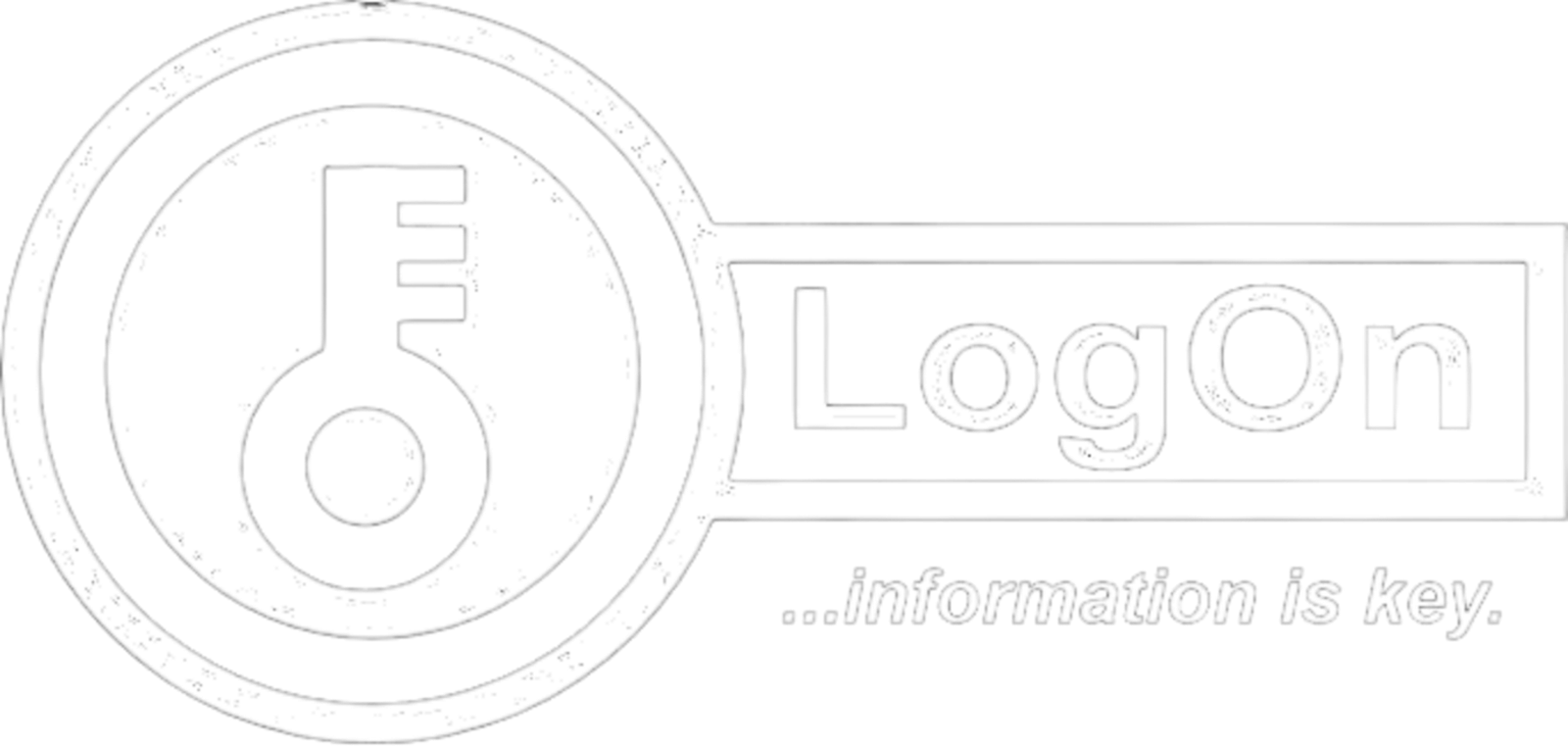Call for Proposals: Empowering Young Women for Education, Skills and Decent Work in Tanzania
Call for Proposals: Empowering Young Women for Education, Skills and Decent Work in Tanzania
Enabel is pleased to announce a call for proposals under the intervention: Young people especially young women are empowered to thrive in a protective and gender-equal environment, to acquire education and skills, and to pursue decent work opportunities in Kigoma Region.
Objectives
The general objective under RD3: “The community, families and local governments create a supportive environment that enables girls and young women to further their education, be healthy and protected from violence and economically empowered in Kigoma Region.
The specific objective(s) of this Call for Proposals are:Local leaders, communities and families change their attitude towards girls and young women’s role in society and understand the harm of GBV and discrimination against women and girls.
Young women and girls have gained knowledge about their rights and services available to them, especially in the field of Sexual Reproductive Health and Rights, Gender Equality and Gender Based Violence (GBV)
Young women and girls have gained knowledge and skills, are economically empowered, and are making informed choices and decisions that impact their lives.
Sectors or Themes
The contextual analysis for this program identified the key issues girls and young women face in Kigoma region. It highlighted the need for a series of transformative actions to be taken for girls to fully enjoy their right to education, be protected from violence and have better access to Sexual Reproductive Health and Rights information and services as well as employment. At the root of the existing gender inequality are harmful social norms and family dynamics, which give men authority over women, and dictate boys’ and girls’ lifepaths. Therefore, the priority themes for this action will be.Violence Against Women and girls: Using SASA- the evidence-based community mobilization approach to prevent violence against women and girls, the applicant must have at least three years programmatic experience in implementing the SASA approach.
Sexual reproductive health and rights: The call prioritizes the applications that will provide girls, young women and men and boys multiple ways in accessing information, knowledge, and services on SRHR that will help them take independent decisions about their lives. This combines also with strengthening capacity of institutions responsible for SRHR, address the barrier and create demand for information knowledge and services for girls, young women and men and boys as part of addressing violence against young women and girls.
Access to quality secondary education for girls and vulnerable boys: The call emphasizes on the role of schools and communities in advocating for equal education opportunities for both boys and girls. This includes emphasizing on the importance of education for girls and actively promoting young mothers’ education through re-entry and other alternative learning pathways including through vocational trainings.
Young women access to skills, development, and decent jobs: The call emphasizes on creating a welcoming and protective gender equal environment by working with the training centres on gender-specific needs (SRHR, flexibility of hours, Menstrual Hygiene Management, childcare, etc.), and address discriminatory practices (GBV, sexual harassment and misogyny). This also includes creating awareness in the community and changing mindset on the roles of women and men, boys, and girls.
Young women and Girls Economic Empowerment: The call emphasizes on the actions that integrate women economic empowerment in its approaches. This includes women’ access to skill development, entrepreneurship, and decent jobs. It should focus on women and girls in agricultural value chain specifically palm oil, sunflower, beekeeping, and fishing industries with focus on building a protective and gender equal environment.
Funding Information
The maximum amount available under this Call for Proposals is EUR 1,200,000.
Grant amountAny grant application under this Call for Proposals must fall between the following minimum and maximum amounts:minimum amount: EUR 1,000,000
maximum amount: EUR 1,200,000
Duration
The initially planned duration of an action may not be less than 36 months nor exceed 40 months.
Expected Results
Individuals, families, communities, local government leaders, schools, and businesses in the project have knowledge on the consequences of violence against women and girls, gender roles and importance of girls’ education and are acting in prevention and responding to GBV.
Young women and girls have knowledge about their rights and are empowered to make decision in accessing information and services available to them, especially in the field of Sexual Reproductive Health and Rights, economic rights, Gender Equality and Gender Based Violence in Kigoma.
Young women and girls are socially and economically empowered and are accessing essential, safe, and adequate multi-sectoral services in the areas of, secondary education, vocational training, entrepreneurship, and decent jobs.
Local government authority, private sector, schools, health facilities, markets, organizations, and public institutions put in place mechanisms and systems that address, prevents, and respond to GBV, including local level by- laws, guidelines, and GBV reporting systems and /structures.
Types of Activity
Community mobilization against negative discriminatory practices, targeting youth, and creating a platform for activism to change social norms (SASA! Approach)
Information and awareness-raising on the right to and value of education and mobilization for re-entry
Dissemination of information and guidelines on child protection and re-entry of young mothers
Engaging markets, schools, and public spaces to improve women’s and girls’ security.
Support to local community radio and development of girl’s empowerment campaign.
Journalist trainings and community radio campaigns
Engaging schools, vocational trainings, colleges, and local organizations in addressing violence against women and girls in communities.
Target Groups
Direct beneficiaries: The primary beneficiaries of this grant are the In and Out of schoolgirls, young women and vulnerable boys aged between the ages of 14- 29 years in Kigoma Region
Indirect Beneficiaries: Community members including parents, spouses, and local civil society organizations defending the rights of women, duty bearers, relevant ministries and public institutions, local government authorities, secondary schools and training institutions, private sector, and business associations.
Geographical Coverage
The action must be implemented in United Republic of Tanzania, at Kigoma region in the five districts being Kigoma Municipality, Kigoma District Council, Kibondo District Council, Kasulu Town Council and Kasulu District Council.
Eligibility Criteria
Applicant(s) To be admissible for grants, the applicant must satisfy the following conditions:be a legal person; and
be a non-profit private entity or a foundation. and
Be a women’s rights organization, a national or international non-Government Organization, with demonstrated local experience and having implemented development programs in Kigoma region in the past three years that align with the objectives and expected outcomes of this call for proposal.
be established or represented in the United Republic of Tanzania
be directly responsible for the preparation and management of the action with the co-applicant(s) and not be acting as an intermediary and.
Have demonstrated work experience in the thematic areas i.e. girls’ access to secondary education, skills development, employment promotion, social and economic empowerment of young women and girls, addressing violence against women and girls, building gender-equal enabling environment
Have a functioning physical office in Kigoma Region, and/or an ongoing long term development program in Kigoma.
Have an active Bank Account for the past 24 months; and
If sub-grants are proposed: Must have in- house financial capacity and experience – in awarding sub grants to – local organizations and partners
Co-applicant(s) The co-applicant(s) shall participate in the definition and the implementation of the action, and the costs that they incur shall be eligible in the same way as those incurred by the applicant.
The co-applicant(s) must satisfy the admissibility criteria which apply to the applicant itself.
However, in addition to the categories cited in point C above, they may also belong to the following categories:Non-Governmental Organizations that have a working knowledge of Kigoma Region on one or more of the following topics Sexual & Reproductive Health and Rights, Girls Access to education, gender-based violence, social protection, and women’s economic empowerment.
Organizations with background in implementing Behavioral change programs
The co-applicants must sign the declaration form.
For more information, visit Enabel.


